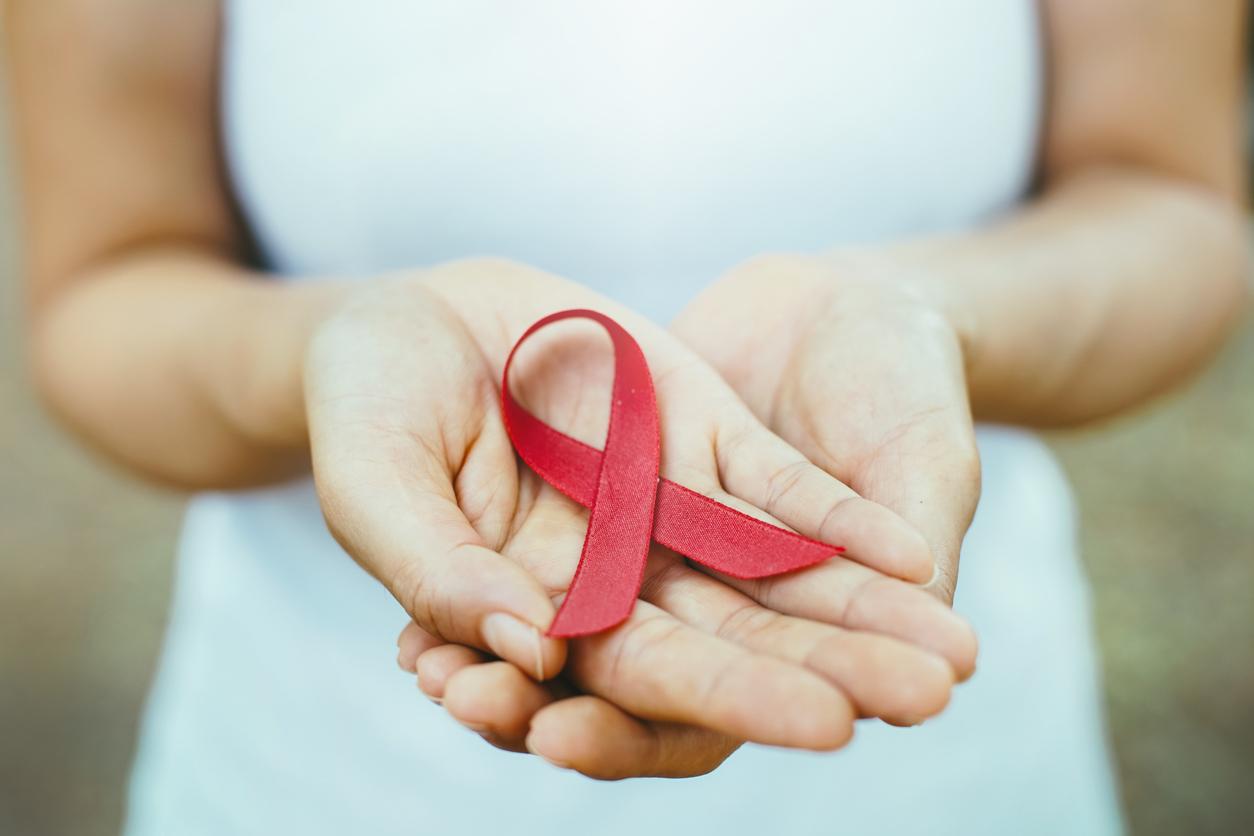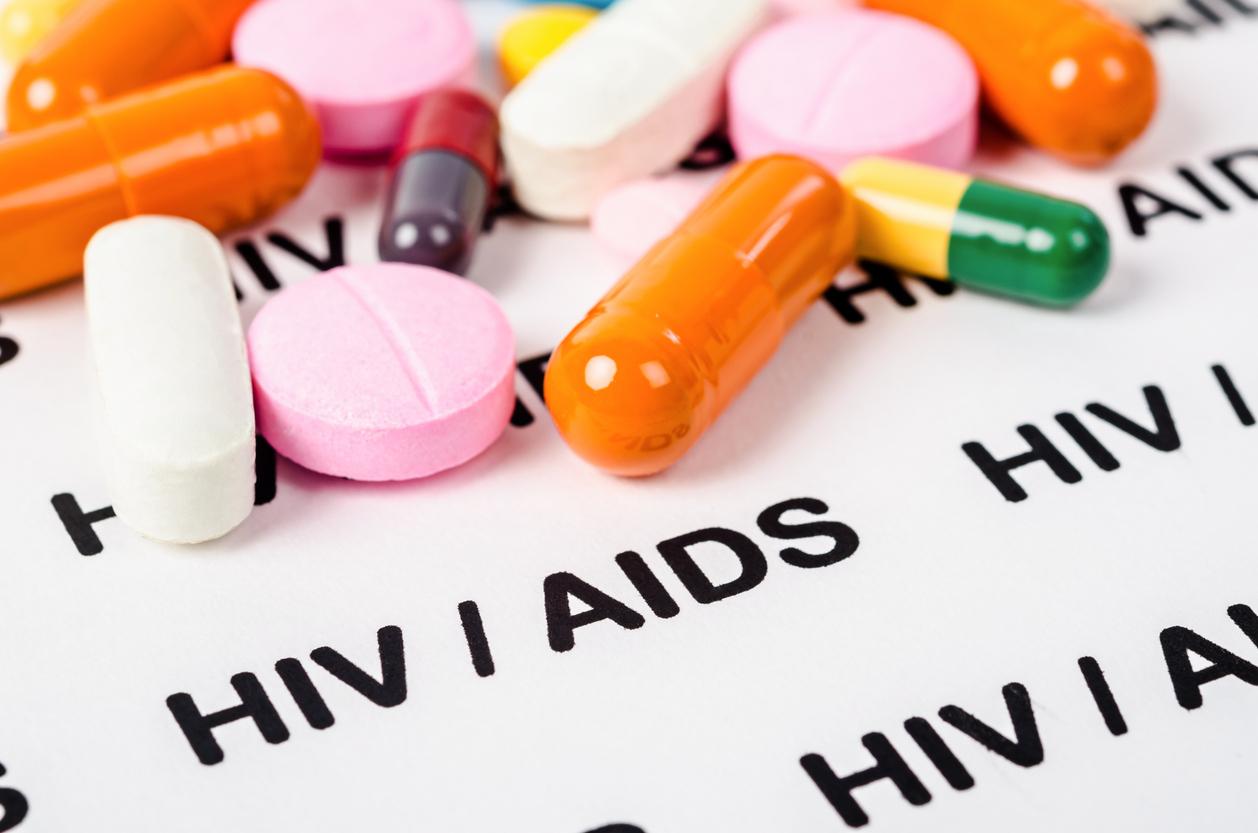The use of psychoactive substances during sexual intercourse remains rare. But it increases the risk of contracting HIV or hepatitis C.

A pill of MDMA, a whiff of synthetic cannabinoids, a rail of cocaine… The use of psychoactive substances can have surprising effects on sexual performance. And some have understood it well. The practice even has a name: the chemsex. The gesture remains rare, but it is not without risk, as recalled by a study published in the Weekly Epidemiological Bulletin.
Performing prowess in bed with chemicals: this is what the chemsex. But this practice has a darker side; it considerably increases the probability of transmission of HIV or the hepatitis C virus. In fact, four out of five users admit to slacking off in terms of prevention during their intercourse.
A vulnerable population
This figure is taken from a series of interviews with 306 people who consulted an HIV screening or care structure – medical or associative. A third of them had consumed psychoactive products during the previous month. But only 16% say they did it for sex – either regularly or occasionally.
The substances used in this context are varied, ranging from simple cannabis to cocaine, including psychotropic drugs. But some clearly dominate. The probability that stimulants or amphetamines will be absorbed is nine times higher compared to other products.
Although the practice is infrequent, it concerns a particularly vulnerable population. The probabilities that a follower of chemsex either homosexual or bisexual are six times higher. However, men who have sex with men are the main victims of the HIV epidemic in France.
Extreme practices
Half of the people practicing chemsex admit it: they don’t always wear a condom during sex. This “oversight” is all the more dangerous as the practices particularly favor the spread of sexually transmitted infections (STIs), including HIV.
Thus, a large half of the participants have known several partners during the past month, some during the same sexual intercourse. Sharing sex toys, group sex… Researchers estimate that 82% of volunteers engage in risky practices. Not to mention that the substances consumed tend to diversify during the same session.
These patients are not exposed to the same risks as the others, conclude the authors of this BEH. Prevention must therefore be adapted and tailor-made. A place would make it possible to transmit these targeted messages, the “PrEP” consultations, which allow the prescription of an antiretroviral to prevent infection.
AID mobilized
The associations are also on the ground, and very active. Because the chemsex can sometimes go wrong. In England, a gay man dies every 12 days from GBL, according to British activist David Stuart. French health professionals have been alerted to the dangers of this practice. In 2016, the Network of health establishments for the prevention of addictions (Respadd) published a 16-page document on this subject.
The AIDES association is also making a contribution. Since June, it has offered an emergency telephone line (01 77 93 97 77) and several groups on social networks. The purpose of the structure is to provide immediate support in emergency situations – overdose, ill-being or exposure to risk. An intervention motivated by several cases of death linked to chemsex.
“We knew that the demand was there, the explosion in the number of subscriptions to the Facebook group is proof of this, recently explained Fred Bladou to the vih.org site. We have added more than 170 people from all over France. “
#Chemsex : AIDES sets up an emergency number https://t.co/5OZ2QDbWYc very nice article at @vihpointorg on our device pic.twitter.com/hytw86AMeq
– Association AIDES (@assoAIDES) June 22, 2017
.















